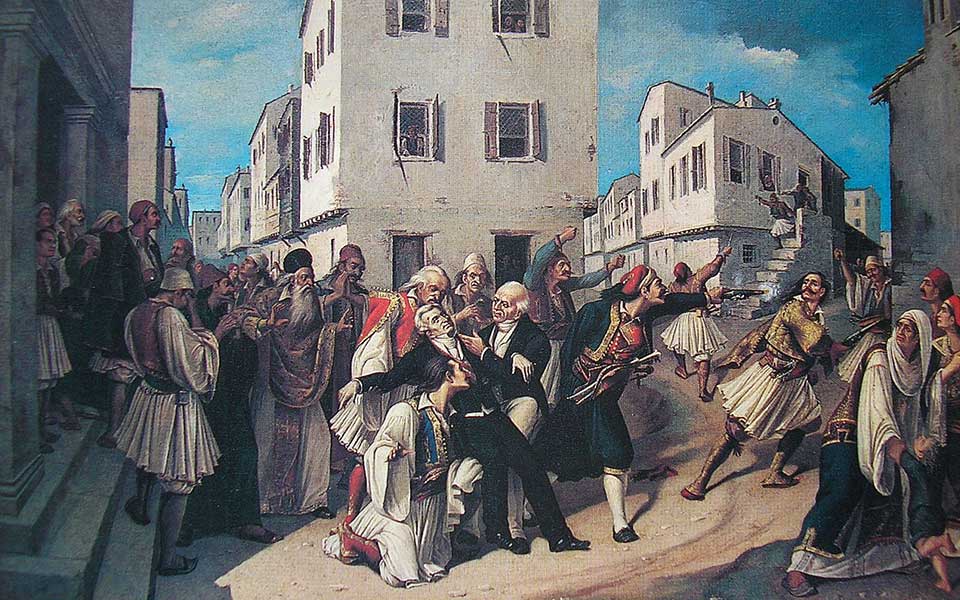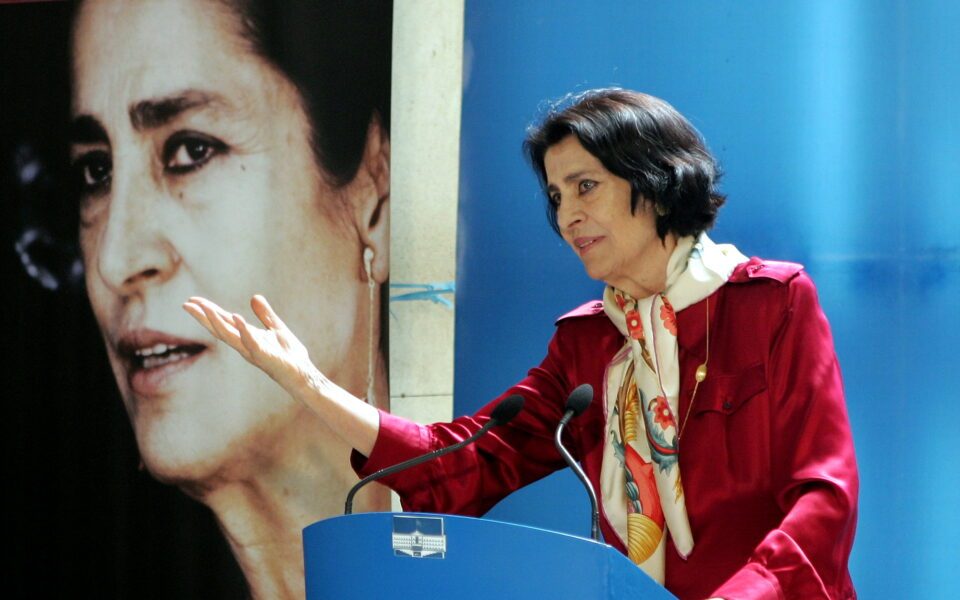Musical folk hero


Mikis Theodorakis is legendary Greek composer, born in Chios, Greece on 29th July 1925. He has worked for the Greek as well as international music industry for the last 70 years, contributing close to a thousand songs along the way. He has mostly centered his compositions to 20th century classical Greek music, working in a wide setting of genres. In a career that has been marred by rich musical taste, he has worked in various dimensions of production such as symphonic works, chamber music, cantatas, hymns, operas, stage plays and film scores. His work, in addition to featuring classical Greek poems and literature, is also influenced by his political leanings and struggles which were shaped throughout his life.


Theodorakis was a very shy child, and had a fondness for music and poetry from an early age. His taste in music became more refined when Theodorakis’ father, a Greek government official, got transferred around the country several times. This gave Theodorakis a unique opportunity to embrace and acquire a living embodiment of traditional Greek cultures. This was displayed quite well in most of his works, whatever genre of music they were designed for. During the World War II years, Theodorakis’ affiliations with left-wing Communists led to the refusal of his entrance in to the Athens Conservatory, after which he was imprisoned by post-war governments for nearly two years. The 1950s seemed to be calmer times for the Greek legend, as he began writing for films and composing ballets, such as the Greek Carnival. During this time, he also worked on some popular and ground-setting films such as Ill Met by Moonlight (1957) and Honeymoon (1959), featuring one of his famous ballets. However, Theodorakis always felt strongly about including earlier Greek musical roots in to his contributions, and hence reverted back to the traditional sense of composition in Greek understanding. This was met by rising popularity, as his song cycles, film scores and some stage music keenly demonstrated. Some of works of this time included Epitaphios, Epiphania, The Hostage and Zorba the Greek.


Politics dominated Theodorakis’s work in the late 1960s and early 1970s, most of which was written out of prison. His resistance and hatred for the military junta in Greece was one of the dominant themes in his music. Theodorakis wrote several song cycles, film scores and oratorios from jail, some of the most popular being Ta Laïka, State of Siege, Canto General and The Trojan Women. The time after his release from prison had several phases as far as music is concerned, most of them serving humanitarian objectives and being largely successful in gaining popularity for the brave efforts of this living prodigy. He founded the Greek–Turkish Friendship Society in the early 1980s, set up with mainly awareness and environmental aims in mind. At this time, he also reverted back to his interest in symphony music, and composed some mesmerizing arrangements. He supplemented these with some of the most popular operas of the time, working alongside vocal masters like Alexia Vassiliou. Some of the most promising arrangements of this time included songs cycles, operas, film scores and symphony music that were internationally recognized. Examples of Theodorakis’ works after the 1970s include Orestia, Missa Greca, According to the Sadducees, Canto Olympico, Medea, Elektra and Antigone.
Source: famouscomposers.net




